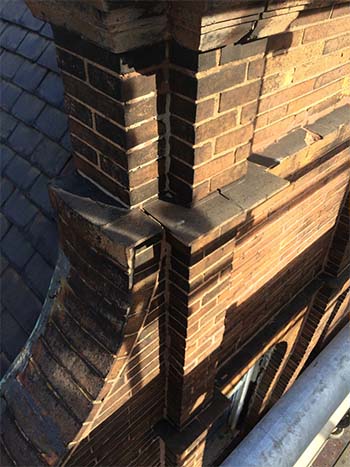Do you know anything about masonry? If not, you may consider hiring a professional to do the work. This type of project is both time-consuming and challenging. If you don’t have any previous experience in this field, you can get yourself into trouble by trying to fix the problem on your own. The resulting damage may decrease the value of your home. A professional can fix bricks and solve underlying issues. If you’re unsure how to proceed, Visit Website for some tips and advice.
First, it’s important to understand the different types of masonry. Brickwork, for example, is a throwback to the mid-20th century, but it has regained popularity as a unique art form. Concrete Masonry Units, on the other hand, offer structural integrity and can be painted, ribbed, sandblasted, or striated. For those of you who haven’t worked with masonry, here are a few benefits.
Hiring a professional masonry repair service will ensure the safety of you and your family. Having the work done right the first time will prevent you from having to pay for frequent repairs. Lastly, it’s more cost-effective than trying to fix a cracked stone or brick yourself. This material is very durable, and when done properly, it can last for years. You’ll also be able to reap the benefits of a professional’s experience and expertise in masonry repair.
In addition to being durable, masonry is also cost-effective. This material is versatile and can be used in all types of buildings, from homes to bridges. Whether you’re building a single-family home, a multi-family complex, or a large commercial complex, masonry is an excellent choice for any project. The process can begin right away and without a need for shop drawings. It’s also fast and easy to make changes in the direction of the wall.
Masonry has evolved throughout history. Egyptian temples were made of limestone, sandstone, alabaster, granite, basalt, and porphyry. In contrast, western Asia was lacking in stone outcroppings and was abundant in clay deposits. As a result, the Persian and Assyrian empires used sun-dried bricks. Today, the process of masonry is still used to make many ancient structures. In fact, masonry has evolved into one of the oldest professions in human history.
Another benefit of masonry is its low-maintenance cost. As opposed to other materials, masonry requires minimal maintenance. Additionally, it adds insulation to a structure, resulting in lower utility bills and extended life for the HVAC system. And because it’s so durable, it’s a good idea to use masonry for your home construction projects. You’ll be glad you did. This material also doesn’t attract bugs or rot. And it costs less than wood construction, so it’s a win-win situation.
When it comes to masonry, the materials used for construction vary. There are different types of mortars, which vary in their strength levels. The type S mortar, for example, is stronger than the Type N mortar, which is used for exterior structures. However, it has limited use for interior projects and is most appropriate for shallow retaining walls. When it comes to choosing mortars, you need to choose the type of mortar that suits the construction project best.
The bricks that make up masonry units are often held together by cement mortar. Bricks are made of hardened clay, and can be produced through wire cutting, a soft mud process, or a dry press. After manufacturing, the bricks are stamped into steel molds and heated in ovens to make them durable. This process requires a lot of precision, but is also the most time-consuming. It is important to take the time to check the bricks before installing the final layer.
Another important aspect of masonry is its durability. A properly constructed masonry wall will be strong and durable for decades to come. In addition to the materials used in masonry, the quality of the workmanship is critical. A professional mason knows the proper way to place blocks and mortar to ensure a perfect fit. If you’re interested in learning more about masonry, you may be surprised by the range of options available to you. The following are just a few of the many types of masonry materials.

